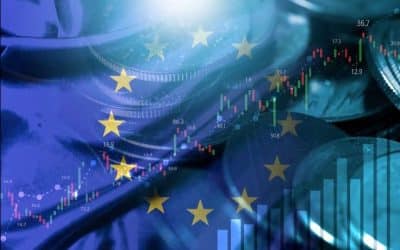MAPFRE Gestión Patrimonial practical guide to protecting portfolios

Redacción Mapfre
The date dubbed “Liberation Day” by US President Donald Trump was marked on many investors' calendars, as it would signal the end of uncertainty regarding tariff policies.
The tariffs announced were higher than expected, with a minimum tariff of 10% on all U.S. imports and reciprocal tariffs on more than 50 countries that Trump said had “abused the United States for decades.” However, the 90-day truce offered by Trump to all but China turned the situation around again. The MAPFRE Gestión Patrimonial team explains the keys to weathering the storm and protecting portfolios:
What's happening in the markets? Increased volatility in the face of tariff uncertainty
The market's reaction to the tariff announcements was immediate. On the one hand, in the first days after the announcement, US stock markets registered their worst falls since the pandemic, dragging with them the main global indices, which also closed with high falls. As the days have gone by, volatility has also moved to fixed income assets, which has caused the US Administration to announce a 90-day pause in tariffs for all countries that have not announced retaliatory measures against the US. This announcement has caused a strong rebound in the market, confirming the current volatility and uncertainty in the markets.
What can this mean for economies? Cooling economies, rising inflation and affecting corporate profits
From a macroeconomic point of view, if this tariff dispute is prolonged, it could have implications that affect the four fundamental pillars of economies: growth, inflation, liquidity and corporate profits.
How can we deal with it? Diversification, active management and respect for the time horizon
In such a volatile and uncertain scenario, it is essential to remain calm and avoid impulsive decisions. Instead of reacting in the short term, it is best to reinforce the importance of the time horizon and the diversification offered by well-constructed investment portfolios designed to withstand situations such as this. In addition, at times like these, active management becomes more relevant as it enjoys greater flexibility to avoid the most detrimental assets and detect new investment opportunities, as well as the accompaniment of quality financial advice.


